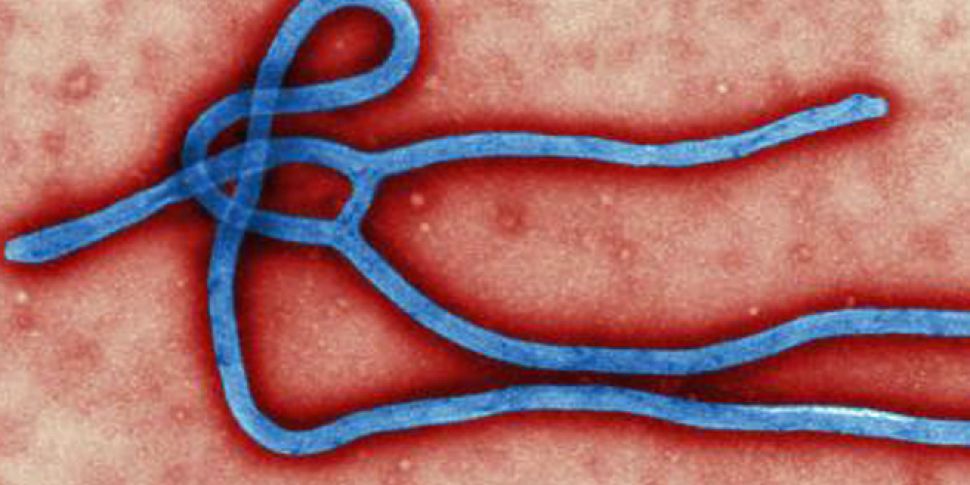The Health Service Executive (HSE) says it is been preparing for a potential Ebola outbreak in Ireland 'for a long time'.
Although the risk is very low, two rounds of guidance have been issued to doctors and healthcare professionals since 2002.
It comes as Sierra Leone declares a public health emergency following the outbreak which has killed more than 670 people across West Africa.
President Ernest Koroma says he will call in security forces to quarantine epicentres of the deadly virus.
He also announced he was cancelling a visit to Washington for a US-Africa summit next week because of the crisis.
It comes as two American volunteers have been placed in isolation because of fears they could have contracted the virus in West Africa.
The pair - working for America's Peace Corps movement - have not displayed symptoms but are under observation after coming into contact with a sufferer, who later died.
The Peace Corps says it is evacuating 340 volunteers from Liberia, Guinea and Sierra Leone - the three countries worst affected in the outbreak.
The virus has now killed more than 670 people in the affected countries.
Liberia has closed schools and is considering quarantining some communities and closing markets in areas bordering Guinea and Sierra Leone.
Many civil servants have also been told to stay at home for 30 days.
The measures were announced after an isolation unit treating people in the capital Monrovia was revealed to be overrun with cases.
It has forced health workers to treat up to 20 new patients in their homes.
Liberia's Information minister Lewis Brown told Reuters: "This is a major public health emergency. It's fierce, deadly and many of our countrymen are dying and we need to act to stop the spread".
"We need the support of the international community now more than ever. We desperately need all the help we can get".
A lack of effective communication has led to misinformation about the virus spreading in Liberia, with rural communities accusing foreign aid workers of bringing in the deadly virus.
Others blamed the government with one man setting fire to the health ministry building in Monrovia after his teenage brother reportedly died of Ebola.
The Ebola outbreak in West Africa | Image: CDC
The concerns prompted Liberian President Ellen Johnson Sirleaf to issue an urgent warning.
She said "My fellow Liberians, Ebola is real, Ebola is contagious and Ebola kills".
"Denying that the disease exists is not doing your part, so keep yourselves and your loved ones safe".
Two airlines have suspended flights to some of the affected countries.
So far, one US citizen has died from Ebola, in Nigeria, after he took a flight from Liberia.
Two other American aid workers infected with Ebola - Dr Kent Brantly and missionary Nancy Writebol - are in a serious condition but are said to have improved overnight.
Dozens of health workers are said to have died while treating patients.
The European Union allocated an additional €2m to fight the outbreak on Wednesday, bringing total funding to €3.9m.
Yesterday the Irish government advised citizens against non-essential travel to Nigeria in the wake of the outbreak.
But Dr Darina O'Flanagan, head of the HSE Health Protection Surveillance Centre (HPSC), told the Pat Kenny Show here on Newstalk that Ireland is ready.
Symptoms of the disease
The Ebola virus disease (EVD) has a case fatality rate of up to 90% and has no vaccine. Outbreaks occur primarily in remote villages in Central and West Africa, near tropical rainforests.
The virus is introduced into the human population through close contact with the blood, secretions, organs or other bodily fluids of infected animals.
Ebola spreads in the community through human-to-human transmission - with infection resulting from direct contact (through broken skin or mucous membranes) with the blood, secretions, organs or other bodily fluids of infected people, and indirect contact with environments contaminated with such fluids.
The virus first appeared in 1976 in two simultaneous outbreaks - in Nzara, Sudan, and in Yambuku, Democratic Republic of Congo. The latter was in a village situated near the Ebola River, from which the disease takes its name.
Originally published 07:29










